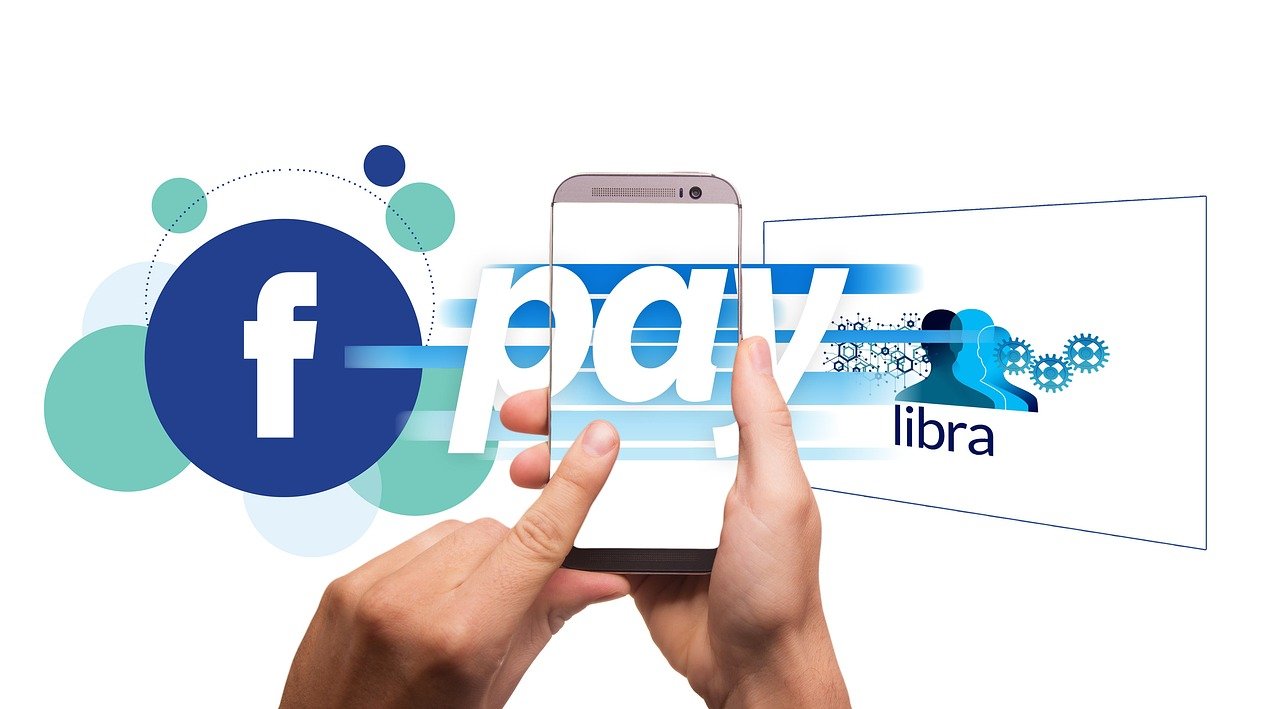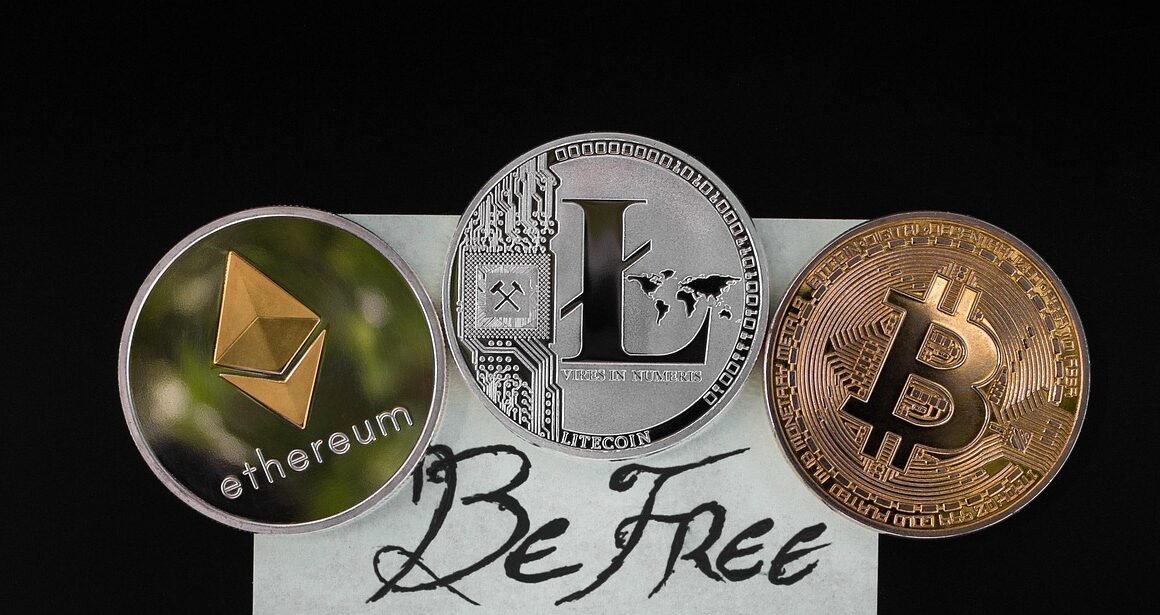Privacy in the digital age is becoming an increasingly important concern. While cryptocurrencies like Bitcoin offer a degree of anonymity, transactions are often traceable on the public blockchain. This has led to the rise of privacy coins, digital currencies designed to obscure transaction details and enhance user anonymity. This blog post will explore the world of privacy coins, examining their mechanics, benefits, and the controversies surrounding them.
What are Privacy Coins?
Privacy coins are cryptocurrencies that utilize various technologies to obfuscate the details of transactions, making it difficult for observers to link transactions to specific individuals or entities. Unlike Bitcoin, where transaction history is publicly available on the blockchain, privacy coins aim to provide a higher level of confidentiality.
Core Principles of Privacy Coins
- Anonymity: The primary goal is to make it difficult to trace transactions back to their origin or destination.
- Confidentiality: Hiding the transaction amount to prevent observers from knowing the value being transferred.
- Untraceability: Ensuring that transactions cannot be linked to one another, preventing the construction of a user’s transaction history.
Key Features That Distinguish Them
Privacy coins achieve these principles through various cryptographic techniques and blockchain implementations. These include:
- Ring Signatures: Used by Monero, ring signatures allow a transaction to be signed by one member of a group (the “ring”), making it impossible to determine which member actually authorized the transaction.
- zk-SNARKs (Zero-Knowledge Succinct Non-Interactive Argument of Knowledge): Used by Zcash, zk-SNARKs allow a transaction to be verified without revealing any information about the sender, receiver, or transaction amount. This is like proving you know the answer to a puzzle without showing the puzzle itself.
- Mimblewimble: Used by Grin and Beam, Mimblewimble focuses on scalability and privacy by aggregating transactions and removing intermediate transaction data from the blockchain. This approach significantly reduces the blockchain size.
- Stealth Addresses: Create unique, one-time addresses for each transaction, preventing anyone from linking multiple transactions to the same receiver.
How Privacy Coins Work: Diving Deeper into the Technology
The underlying technology that powers privacy coins is quite complex, but understanding the basics of each method can help appreciate their value proposition.
Understanding Ring Signatures (Monero)
Monero’s ring signatures work by mixing the sender’s public key with a group of other public keys, creating a “ring” of potential signers. When a transaction is signed, it’s impossible to determine which key in the ring actually signed the transaction. This creates plausible deniability for the sender. Furthermore, Monero utilizes Ring Confidential Transactions (RingCT) to hide the transaction amount.
- Example: Imagine you’re sending money. Instead of your signature alone, your signature is mixed with the signatures of 10 random other people. An observer only sees 11 signatures and can’t tell which one is yours.
- Benefit: Strong privacy and anonymity for users.
Exploring zk-SNARKs (Zcash)
Zcash leverages zk-SNARKs to enable “shielded” transactions, which are completely private. These transactions reveal nothing about the sender, receiver, or amount. zk-SNARKs allow for the verification of a transaction’s validity without revealing any of the underlying data. Zcash also supports “transparent” transactions, which are similar to Bitcoin transactions. Users can choose whether to send a shielded or transparent transaction.
- Example: You want to prove you have enough money to send a transaction without revealing your actual balance. zk-SNARKs allow you to do this.
- Benefit: Strong privacy and selective disclosure options.
The Mimblewimble Protocol (Grin and Beam)
Mimblewimble operates differently by structuring the blockchain in a way that aggregates transactions and eliminates intermediate transaction data. This drastically reduces the blockchain’s size and improves scalability. Also, Mimblewimble implements CoinJoin-like functionality at the protocol level, where multiple transactions are combined into a single transaction, making it more difficult to trace individual transactions.
- Example: Think of a crowded room where many conversations are happening at once. It’s harder to follow any single conversation when they are mixed together. Mimblewimble does this at the transaction level.
- Benefit: Enhanced privacy and scalability.
Benefits and Use Cases of Privacy Coins
Privacy coins offer several benefits and have various potential use cases, making them attractive to individuals and organizations concerned about financial privacy.
Benefits for Users
- Enhanced Privacy: Protect financial data from prying eyes, including governments, corporations, and malicious actors.
- Financial Freedom: Enables individuals to transact freely without censorship or surveillance.
- Security: Reduces the risk of targeted attacks and theft by obscuring transaction history and account balances.
- Avoidance of Discrimination: Prevent potential discrimination based on spending habits.
Use Cases in Various Sectors
- E-commerce: Allows customers to make purchases without revealing their identity or financial information to merchants.
- Freelancing and Remote Work: Facilitates secure and anonymous payments for services rendered.
- Donations and Charitable Giving: Enables donors to support causes they care about without public acknowledgment.
- Cross-Border Payments: Simplifies international transactions with increased privacy and reduced fees.
- Whistleblowing: Provides a secure channel for sharing sensitive information without fear of retaliation.
Challenges and Controversies Surrounding Privacy Coins
Despite their benefits, privacy coins also face several challenges and controversies, primarily related to regulatory scrutiny and potential misuse.
Regulatory Concerns and Legal Challenges
- Money Laundering and Terrorism Financing: Critics argue that privacy coins can be used to facilitate illegal activities due to their anonymous nature.
- Compliance with KYC/AML Regulations: Exchanges and financial institutions often struggle to comply with Know Your Customer (KYC) and Anti-Money Laundering (AML) regulations when dealing with privacy coins.
- Delisting and Restrictions: Some exchanges have delisted privacy coins to comply with regulatory requirements.
The Double-Edged Sword of Anonymity
- Potential for Abuse: The anonymity provided by privacy coins can be exploited by malicious actors for illicit purposes.
- Difficulty in Tracking Illegal Activities: Law enforcement agencies face challenges in tracking and investigating crimes involving privacy coins.
- Reputational Risks: Businesses that adopt privacy coins may face reputational risks due to their association with illegal activities.
Counterarguments and Defenses
Proponents of privacy coins argue that they are essential for protecting individual privacy and financial freedom. They also emphasize that most users of privacy coins are not involved in illegal activities. Furthermore, many of the tools used for illicit activities are also used to provide basic security to populations living under oppressive regimes where free speech and assembly are curtailed.
- Privacy as a Fundamental Right: Privacy is a fundamental human right, and privacy coins provide individuals with the tools to protect their financial data.
- Legitimate Use Cases: Privacy coins have legitimate use cases, such as protecting whistleblowers and facilitating secure transactions in authoritarian countries.
- Alternative Solutions: Instead of banning privacy coins, regulators should focus on developing better methods for tracking and preventing illegal activities.
Conclusion
Privacy coins represent a fascinating and complex area within the cryptocurrency landscape. While they offer enhanced privacy and financial freedom, they also present challenges related to regulation and potential misuse. As the cryptocurrency industry continues to evolve, it is crucial to strike a balance between protecting individual privacy and preventing illegal activities. Ultimately, the future of privacy coins will depend on how regulators, developers, and users address these challenges and controversies.



